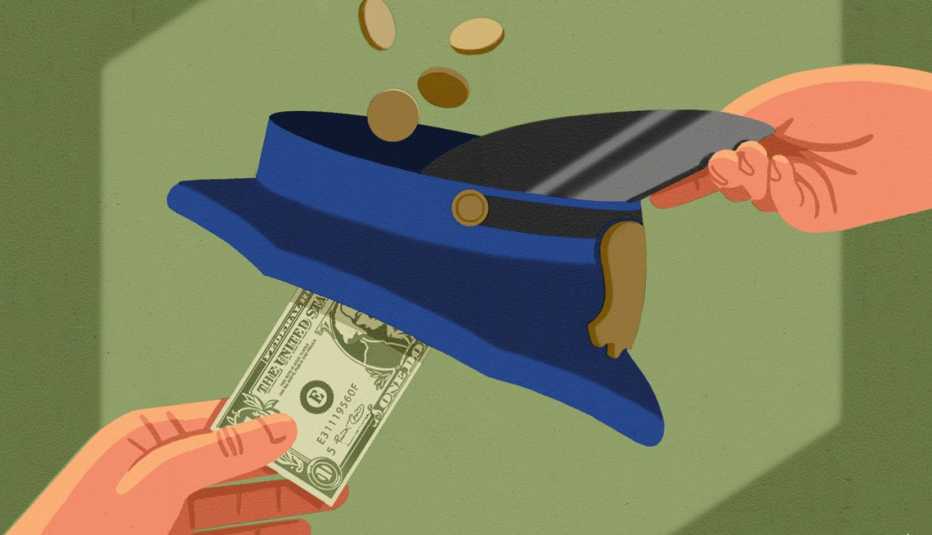Staying Fit
If you want to donate to relief efforts for Ukrainians, the Better Business Bureau (BBB) and the Federal Bureau of Investigation (FBI) have some advice about how to make sure you choose a legitimate and effective charity.


AARP Membership— $12 for your first year when you sign up for Automatic Renewal
Get instant access to members-only products and hundreds of discounts, a free second membership, and a subscription to AARP the Magazine.
The BBB warns that scammers will likely create fake donation websites and make fraudulent pleas for money to supposedly help the people of war-torn Ukraine.
Such deception “puts donors at risk of money loss and identity theft,” says Steve J. Bernas, president and CEO of the BBB of Chicago and Northern Illinois.
Before giving, donors should visit BBB’s Give.org for tips on how to best help. Not all relief groups will provide timely help to those in need unless they already have a presence in Ukraine, it says.
In addition to the BBB, other groups that check out charities include CharityNavigator, CharityWatch and GuideStar.
The BBB has six tips for prospective donors:
1. Can the charity get to the impacted area? Not all relief organizations will be positioned to provide relief quickly, so check that a charity already has a presence in Ukraine.
2. Should you send clothing and food? Local drives to collect clothing and food to send overseas may not be practical, since the logistics of delivering and dispersing the goods will be challenging.
3. Does the charity meet the BBB Standards for Charity Accountability? These include such criteria as what percentage of gifts get to those in need.


































































